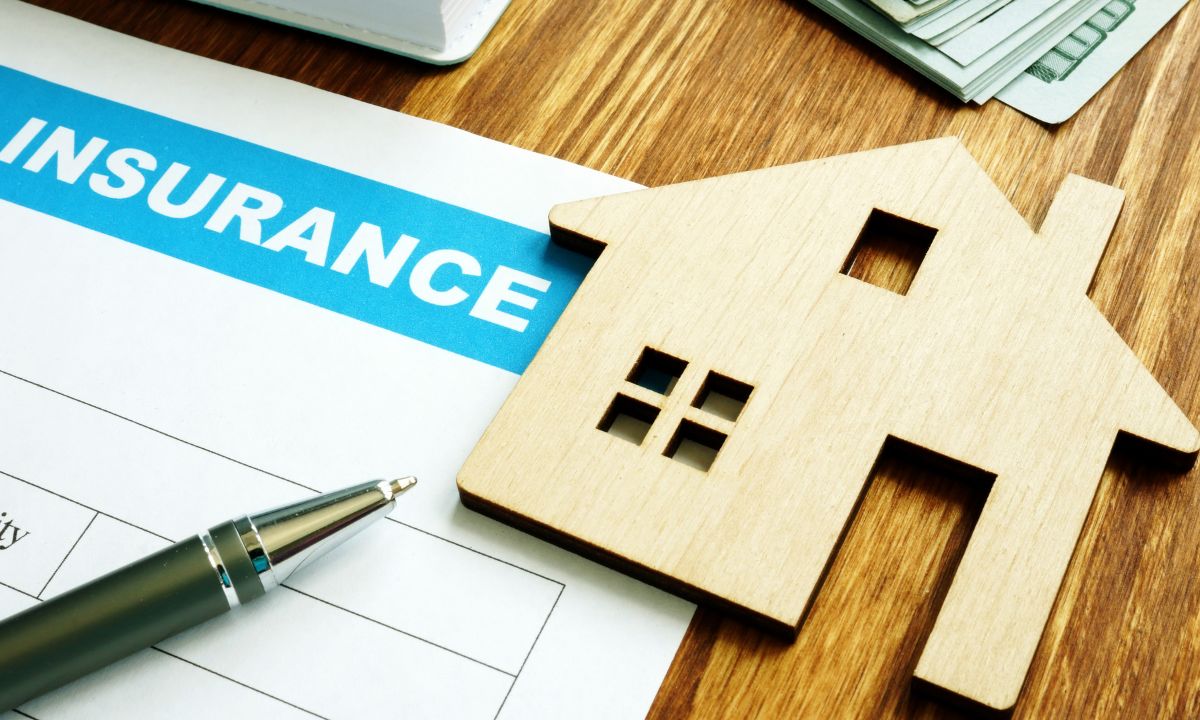 Technology is no longer limited to just our smartphones and laptops; it’s rapidly infiltrating every aspect of our lives, including the place we call home. The real estate industry is experiencing a significant transformation with the emergence of Smart Homes and the Internet of Things (IoT). These innovations are not just about convenience; they are revolutionizing the way we live, making our homes safer, more efficient, and ultimately more enjoyable.
Technology is no longer limited to just our smartphones and laptops; it’s rapidly infiltrating every aspect of our lives, including the place we call home. The real estate industry is experiencing a significant transformation with the emergence of Smart Homes and the Internet of Things (IoT). These innovations are not just about convenience; they are revolutionizing the way we live, making our homes safer, more efficient, and ultimately more enjoyable.
Welcome to the Future: Smart Homes
Gone are the days when homes were just four walls and a roof. Now, they are becoming smarter, thanks to advancements in technology. Imagine being able to control your lights, thermostat, security cameras, and even your coffee maker from your smartphone. Smart homes offer precisely that level of convenience and control.
One of the most significant advantages of smart home technology is its ability to enhance security. With smart security systems, homeowners can monitor their property in real time, receive alerts about suspicious activity, and even remotely control door locks and cameras. This not only provides peace of mind but also serves as a powerful deterrent to potential intruders.
Efficiency Redefined: The Internet of Things (IoT)
The Internet of Things (IoT) takes smart homes to the next level by connecting various devices and systems to the Internet, allowing them to communicate and share data. This interconnectedness leads to increased efficiency and automation in the home.
For instance, IoT-enabled thermostats can learn your temperature preferences and adjust the settings, accordingly, saving energy and reducing utility bills. Smart appliances, such as refrigerators and washing machines, can optimize their usage based on your habits and preferences, making household chores less burdensome.
Transforming the Real Estate Landscape
The integration of smart home technology and IoT is reshaping the real estate market in profound ways. Homebuyers are increasingly prioritizing smart features when searching for properties, viewing them as valuable investments that offer both convenience and long-term savings.
For sellers, incorporating smart home technology can significantly increase the value of their properties and attract more potential buyers. Additionally, real estate agents are leveraging technology to provide immersive virtual tours and interactive experiences, allowing clients to explore homes from the comfort of their own devices.
Challenges and Considerations
While the benefits of smart homes and IoT are undeniable, there are also challenges and considerations to be aware of. Privacy and security concerns regarding the collection and storage of personal data remain valid issues that need to be addressed. Additionally, there is the potential for compatibility issues between different devices and platforms, which could hinder the seamless integration of smart home systems.
Furthermore, the upfront cost of implementing smart home technology may be prohibitive for some homeowners. However, as the technology becomes more widespread and affordable, we can expect to see greater adoption and integration across all segments of the real estate market.
Embracing the Future
As technology continues to advance at a rapid pace, the intersection of technology and real estate will only become more pronounced. Smart homes and IoT are not just trends; they are the future of home living. By embracing these innovations, homeowners can create safer, more efficient, and more enjoyable living spaces for themselves and their families.
Whether you’re buying, selling, or simply looking to upgrade your current home, consider the possibilities that smart home technology has to offer. From enhanced security and energy efficiency to unparalleled convenience and comfort, the benefits are undeniable. Welcome to the future of real estate – where technology meets home.
 Fix-and-flip projects can be lucrative endeavors for real estate investors, but they often require a significant upfront investment. One key financial tool that savvy investors use to fund these projects is a construction loan. We will examine how you can leverage construction loans to maximize your profits in the fix-and-flip game.
Fix-and-flip projects can be lucrative endeavors for real estate investors, but they often require a significant upfront investment. One key financial tool that savvy investors use to fund these projects is a construction loan. We will examine how you can leverage construction loans to maximize your profits in the fix-and-flip game. Join us as we navigate through the common queries that may emerge throughout your mortgage journey. Remember, your quest for homeownership should be illuminated with comprehension and direction. Let’s discuss the primary 4 mortgage inquiries and decode the secrets to unlocking the gateway to your ideal home.
Join us as we navigate through the common queries that may emerge throughout your mortgage journey. Remember, your quest for homeownership should be illuminated with comprehension and direction. Let’s discuss the primary 4 mortgage inquiries and decode the secrets to unlocking the gateway to your ideal home. When you’re in the market for a new home, you’re not just buying a piece of property. You’re investing in a community, its amenities, and its future. One of the most significant factors influencing property values is the quality of nearby schools. Whether you have school-aged children or not, the impact of schools on property values is undeniable. Let’s delve into how schools influence property values and what it means for prospective homebuyers.
When you’re in the market for a new home, you’re not just buying a piece of property. You’re investing in a community, its amenities, and its future. One of the most significant factors influencing property values is the quality of nearby schools. Whether you have school-aged children or not, the impact of schools on property values is undeniable. Let’s delve into how schools influence property values and what it means for prospective homebuyers. For new investors venturing into the dynamic world of real estate, the prospect of finding the perfect investment can be both exciting and daunting. While established neighborhoods often seem like the safest bet, emerging neighborhoods can offer untapped potential and higher returns for those with a keen eye. We will look into the art of spotting real estate investment opportunities in emerging neighborhoods, tailored specifically for new investors looking to make their mark in the industry.
For new investors venturing into the dynamic world of real estate, the prospect of finding the perfect investment can be both exciting and daunting. While established neighborhoods often seem like the safest bet, emerging neighborhoods can offer untapped potential and higher returns for those with a keen eye. We will look into the art of spotting real estate investment opportunities in emerging neighborhoods, tailored specifically for new investors looking to make their mark in the industry. As a seasoned real estate agent, I’ve journeyed alongside numerous families as they embark on the adventure of finding their dream homes. However, beyond the excitement of securing that perfect abode lies a crucial step often overlooked: home insurance.
As a seasoned real estate agent, I’ve journeyed alongside numerous families as they embark on the adventure of finding their dream homes. However, beyond the excitement of securing that perfect abode lies a crucial step often overlooked: home insurance.